China's astronauts ready for longer missions
Updated: 2013-07-12 00:49
By WANG QIAN (China Daily)
|
||||||||
Chinese astronauts are capable of conducting medium and long-term space missions and enduring the harsh physical conditions involved, a senior astronaut said on Thursday.
"From Shenzhou V to Shenzhou X, we have been laying the foundation for future medium and long-term missions," said Nie Haisheng, one of three astronauts who took part in last month's 15-day space mission, the longest yet for China.
Nie was speaking at the astronauts' first news conference since the mission aboard the Shenzhou X spacecraft in June. The craft returned to Earth on June 26, and the three spacemen have been kept in quarantine since then, allowing them time to recover.
"They adapted to gravity on Earth well, with their weight returning to normal before the mission," said Deng Yibing, director of the Chinese Astronaut Research and Training Center. "From mid-July to the end of the month, they will get more rest at a sanatorium for further recovery."
Previous research has shown that human beings in weightless environments usually suffer fluid redistribution, muscle atrophy and a loss in bone density.
Astronauts usually lose weight and suffer orthostatic intolerance, which means they get dizzy when they try to stand up from a lying posture after they return to Earth.
The three will have various medical checks over the next three months to guarantee their health.
"These experiences and data will help a lot in the improvement of future space missions," Deng added.
The next major step in China's manned space program will be the launch of a space station around 2020, with China's space explorers increasingly required to undertake longer missions, from several months to one year.
"Medium and long-term space missions pose harsher challenges in physical, psychological and engineering knowledge," Nie said.
He said that, besides mastering how to control a spacecraft, astronauts must receive egress training and learn to conduct complicated experiments.
"As the time spent in space gets longer, astronauts will face the psychological stress of being confined in a small space for an extended period of time," Nie said.
But Wang Yaping, China's first astronaut to deliver a lecture from orbit, said the beauty of space was beyond words. She said she will devote her career to space travel.
"Every scene in space was a first for me, and it is much more beautiful than I had imagined," Wang said.
The longest stay in space so far has been 438 days by Russian astronaut, Valeri Polyakov. Nie is China's most experienced astronaut, having taken part in two space missions, in 2005 and this year.
So far, China's manned space program has conducted 11 missions, including five manned missions. Ten Chinese astronauts have been to space, including two women.
The success of the recent mission means that China is moving a step closer to realizing its ambitions in space exploration. China plans to launch the Tiangong-2 space laboratory around 2015 and an experimental space station in 2018 before the 60-ton multi-module space station scheduled in 2020.

 Protests erupt after verdict
Protests erupt after verdict
 Color Run in London promotes healthy living
Color Run in London promotes healthy living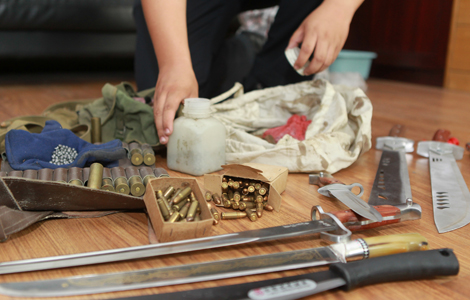
 Urumqi residents hand in weapons
Urumqi residents hand in weapons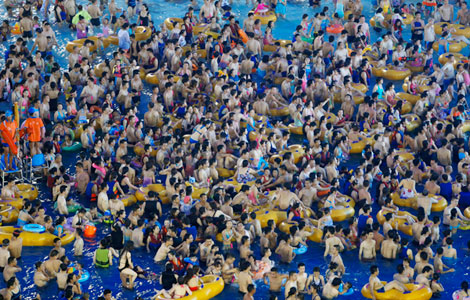
 Pool jammed in summer heat
Pool jammed in summer heat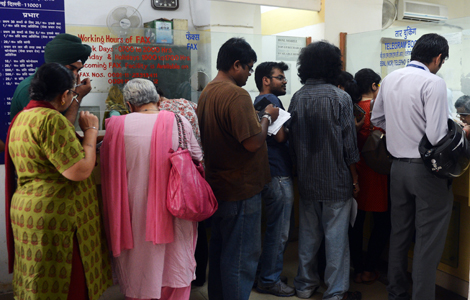
 Last stop for the telegrams of India
Last stop for the telegrams of India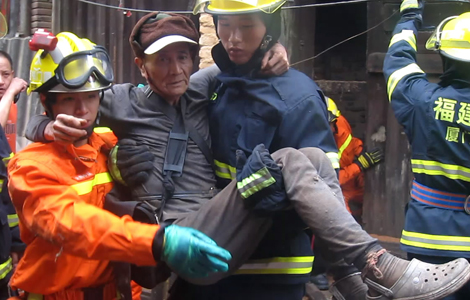
 Heavy rain, strong winds as Soulik heads inland
Heavy rain, strong winds as Soulik heads inland
 8 dead, 19 injured after bus leaves road in Jinghong
8 dead, 19 injured after bus leaves road in Jinghong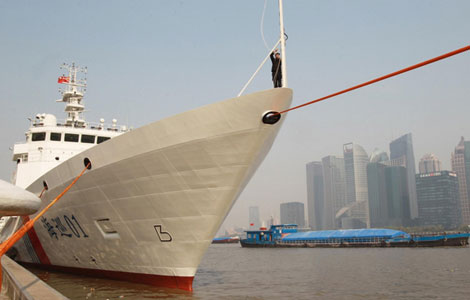
 China's largest salvage vessel visits Indonesia
China's largest salvage vessel visits Indonesia
Most Viewed
Editor's Picks

|

|

|

|

|

|
Today's Top News
Snowden says he won't release harmful US data
Local governments face financing woes
Zimmerman not guilty
More foreign firms in IPR cases
Urumqi residents hand in weapons
Largest vessel visits Indonesia
HK to lift controls on baby formula
Typhoon Soulik kills 3 in S China
US Weekly

|

|






